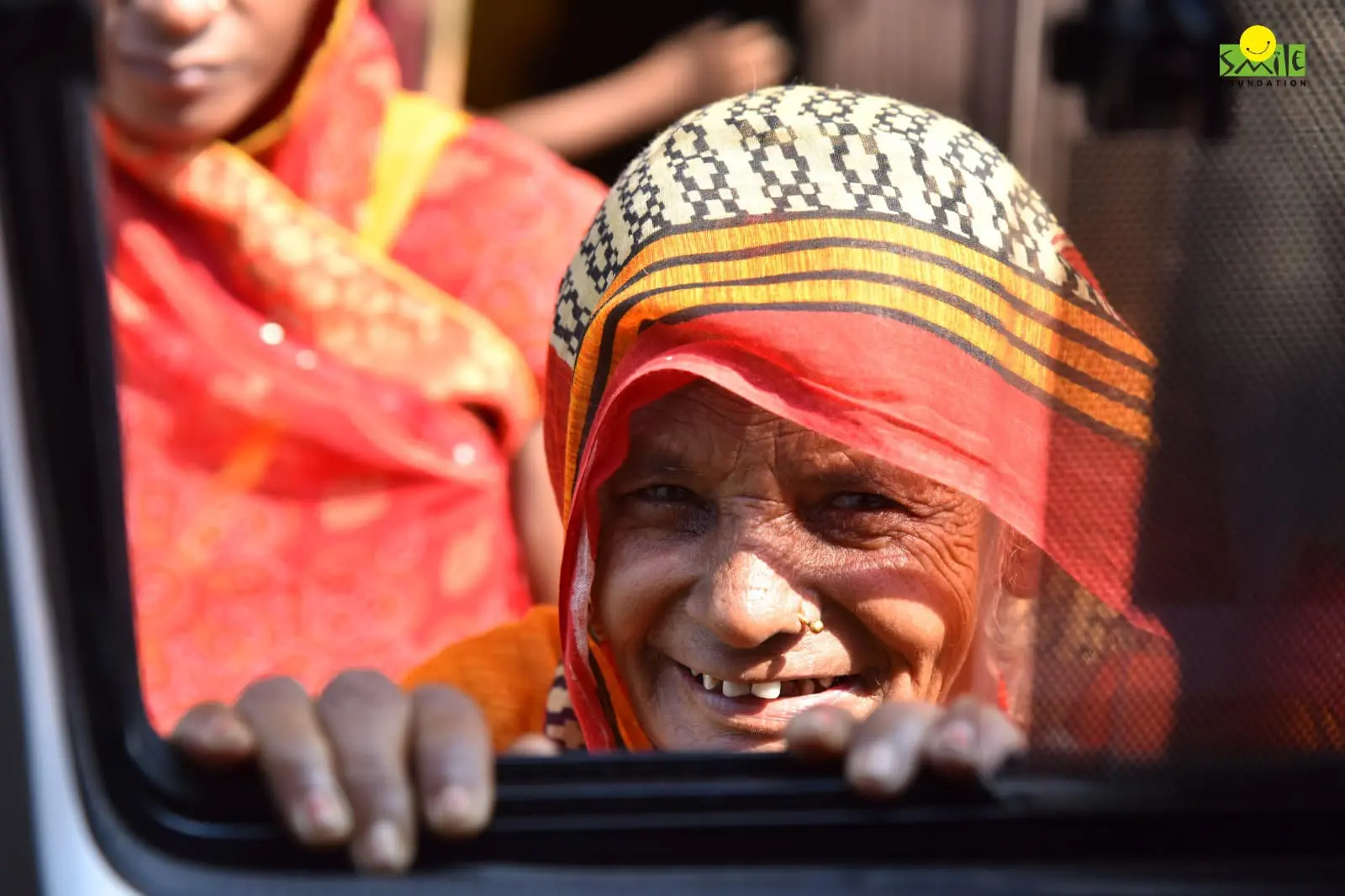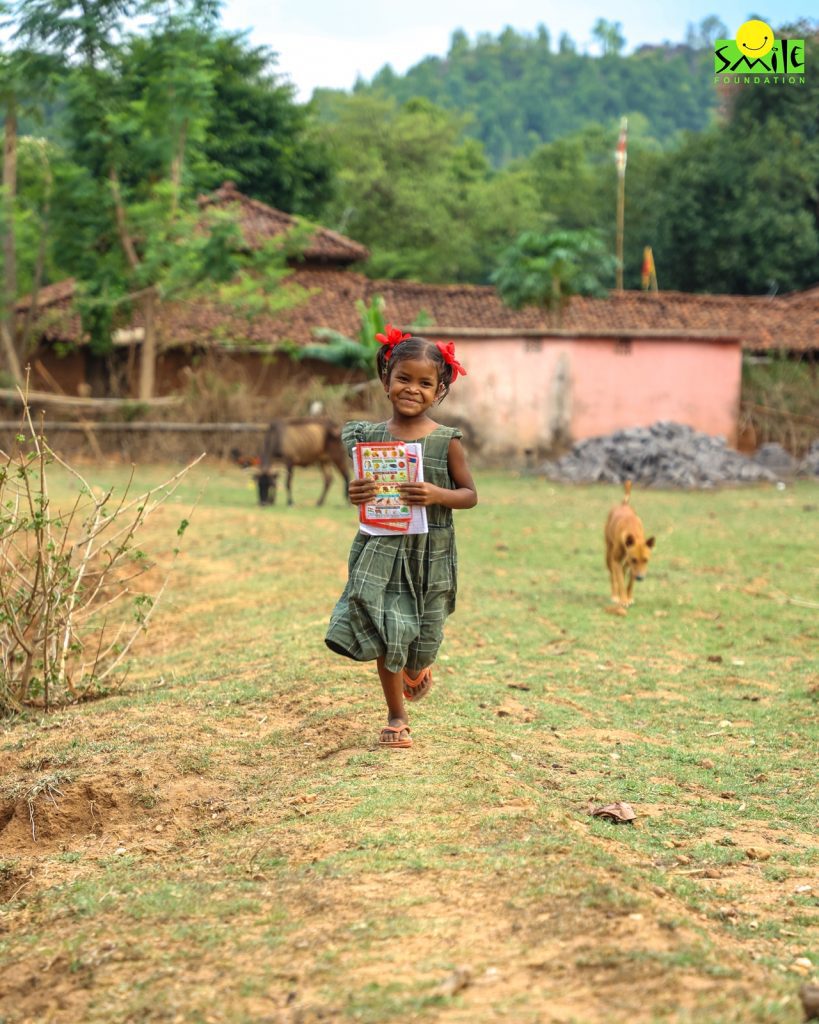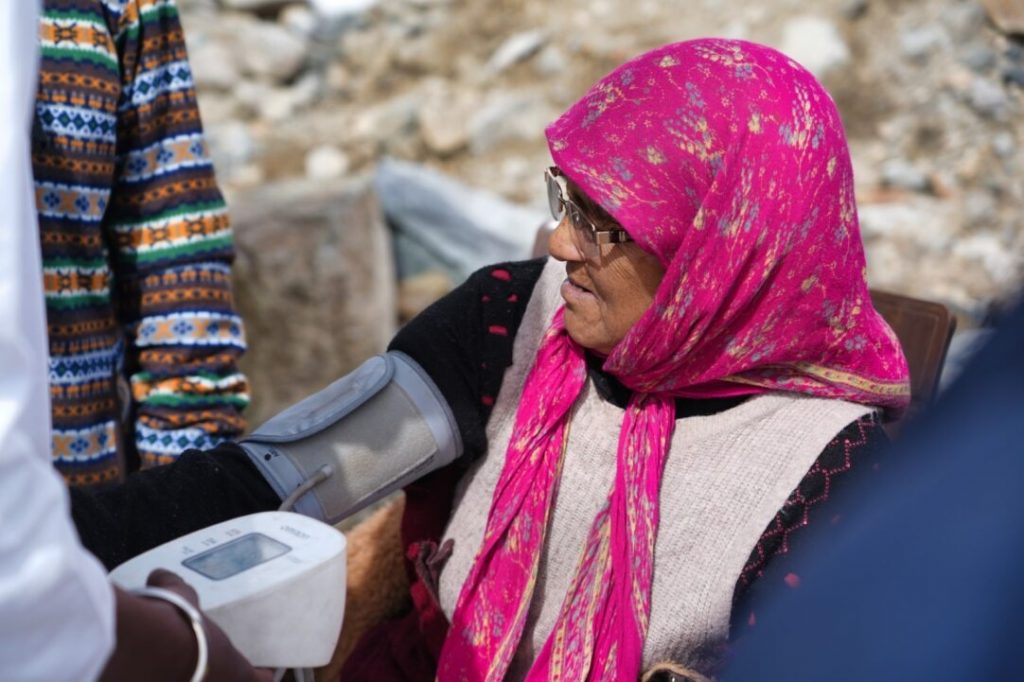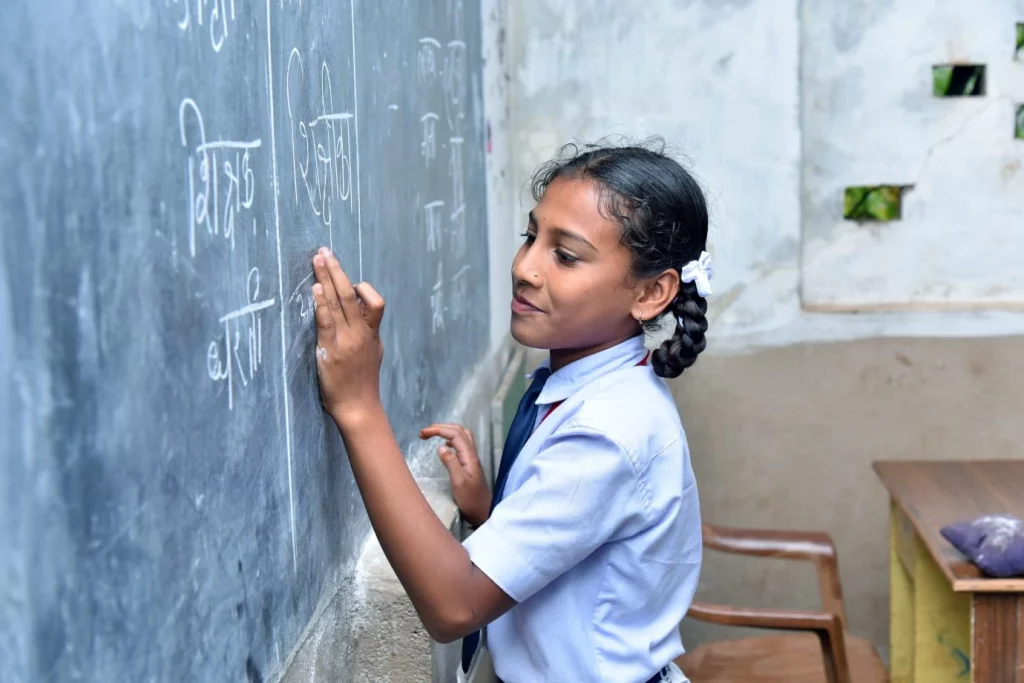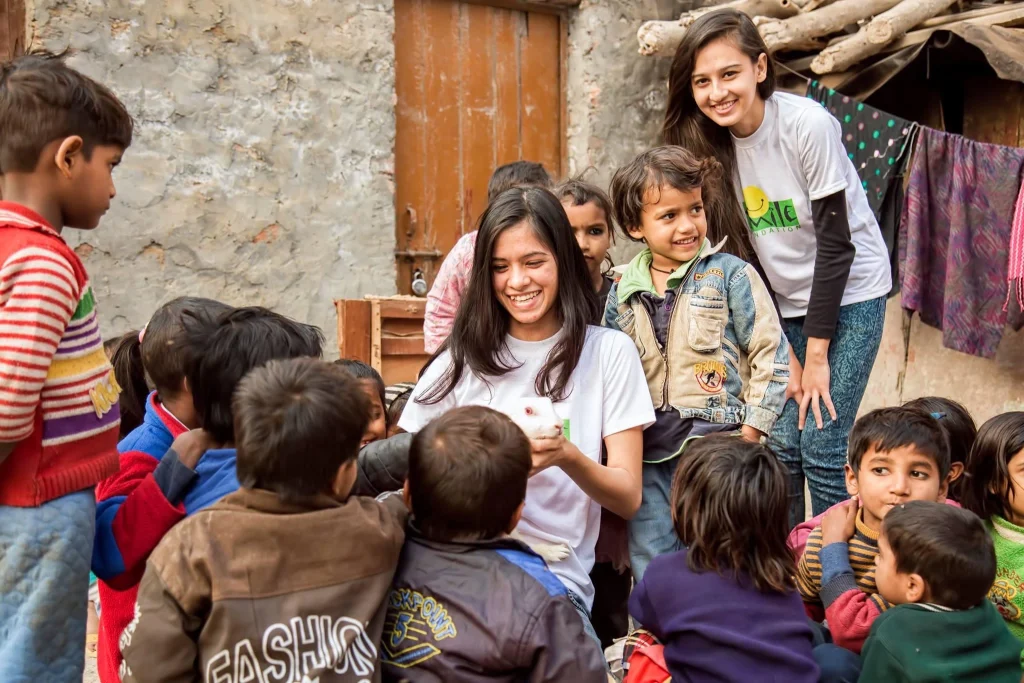Thanks to medical and technological advancements, human life expectancy has improved significantly. Consequently, India is experiencing a significant increase in its senior population. According to the 2011 Population Census, India has nearly 104 million elderly individuals (aged 60 or above), with 53 million females and 51 million males. A report by the United Nations Population Fund and HelpAge India predicts that this number will rise to 173 million by 2026. This demographic shift significantly impacts the country’s social, economic, and healthcare systems.
Challenges faced by the elderly
For many elderly Indians, life is a daily struggle. Meagre pensions and ever-escalating healthcare costs make essential medications unaffordable, forcing many to deplete their life savings. Overcrowded hospitals and limited specialised care exacerbate the problem, especially for those in rural or economically disadvantaged communities.
According to NSSO data, 28.3% of the elderly in rural areas and 36.8% in urban areas suffer from various diseases. As age increases, so does the need for healthcare for the elderly. With increased morbidity from chronic diseases, the elderly have long-term healthcare needs, leading to higher health expenditures, particularly out-of-pocket (OOP) costs. The need for home-based care due to age and illness-related confinement and immobility poses a significant barrier to accessing healthcare and OOP expenses further hinder service uptake.
Rethinking what we know about elderly care
India needs to rethink its strategy for elderly care to address the complex needs of its ageing population. This effort must go beyond government policy. The innovative and entrepreneurial energy of our country must be roped in to transform the current landscape of elderly care in India. Preventive healthcare including regular health screenings should be emphasised to help reduce catastrophic expenses incurred due to long hospital stays. Newer and advanced solutions like remote diagnostics and AI-driven home care platforms can be utilised to reach out to a wide population.
Collaboration across different sectors is crucial for advancing efforts related to senior care. For instance, NGOs focussing on providing support and services to older adults should be key players in community-based programs and advocacy initiatives. Moreover, the corporate sector needs to get involved. CSR initiatives can provide critical support and resources, enhancing quality of life and addressing gaps in government and private sector services. Combining various sectors fosters innovative solutions that effectively meet the diverse needs of the senior population.
Our initiatives
Health is a major concern for the elderly, and access to healthcare can be limited, especially in rural areas. To address this, we’ve launched several health and wellness programs:
1. Mobile Healthcare
Our mobile health initiative, “Smile on Wheels,” has been a welcome endeavour, particularly in remote rural areas. It has helped bridge the gap for seniors who face mobility issues and lack access to medical facilities by bringing healthcare services to their doorstep. These fully-equipped mobile healthcare units provide regular OPD services, point-of-care test facilities and medicines. In rural areas, where 71% of India’s elderly reside, “Smile on Wheels” has ensured consistent healthcare services and eased the burden of long and expensive trips to distant hospitals.
2. Telemedicine
Telemedicine is another successful initiative which has significantly improved healthcare access for the elderly, especially those in hard-to-reach areas. By connecting patients with doctors from urban health centers through e-health kiosks and Telemedicine Centers, this initiative aids in providing specialised healthcare without the need to travel.
Telemedicine has improved the reach and capacity of government health centers by integrating telemedicine at sub-centers, training frontline workers and upgrading Primary Health Centres (PHCs). It ensures that the elderly receive timely medical advice and treatment, thus improving their health outcomes and quality of life while reducing the strain on existing healthcare infrastructure.
3. Health Camps and Static Clinics
Smile Foundation also organises health camps for the elderly under our campaign “Health Cannot Wait,” providing comprehensive medical check-ups and essential healthcare services. These camps ensure seniors receive the care they need without the burden of travelling long distances and out-of-pocket expenditures. Experienced doctors and healthcare professionals conduct screenings for common age-related ailments like hypertension, diabetes and arthritis. The camps also offer free medicines and nutritional counselling, promoting well-being and educating the elderly about preventive healthcare and managing chronic conditions.
Another remarkable initiative is the Static Clinic. We have established accessible healthcare centers in remote rural communities where experienced healthcare personnel provide regular OPD services, medicines, point-of-care test facilities, counselling and physiotherapy services.
Disaster Response
Smile Foundation always steps forward in times of natural calamities. One of our most notable works was during the Assam flash floods. Smile Foundation’s disaster response team worked round-the-clock with local volunteers to provide first-aid medical care, distribute dry rations, and supply essential hygiene and sanitation kits. We prioritise the most vulnerable groups—women, children and the elderly—setting up safe shelters to meet their specific needs. Through these comprehensive and compassionate actions, we ensure that the most at-risk individuals receive the care and support they need during disasters.
Looking ahead for elderly care
Strong collaboration between the public and private sectors is important for India to make more progress in the domain of senior care. Government incentives for startups focusing on senior care solutions can boost innovation. Partnerships between NGOs specialising in senior care and public hospitals are essential for effectively using resources in community programs. These collaborations will create a lasting and meaningful impact in caring for the elderly.
At Smile Foundation, we are continuously exploring new ways to enhance our programs and reach more seniors in need. At Smile Foundation, we are dedicated to bringing smiles to all faces– young and old. Caring for our elderly is a reflection of our values and commitment to building a compassionate community. We invite you to join us in this mission. Whether through partnerships, volunteering, donations or simply spreading the word, your support can make a significant difference for elderly care. Together, we can create a society where our elders are respected, valued and cared for.

